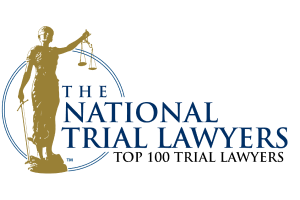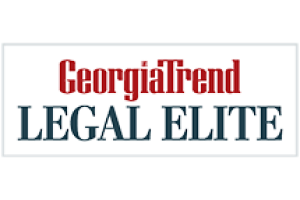The “Equal Knowledge Rule” in Slip and Fall Cases
Slip and fall cases can be among the most challenging personal injury cases handled by attorneys. This is due to the fact that the owner of the property is not responsible for the injury simply because it occurred. Rather, the person who suffered the personal injury must demonstrate that the property owner had superior knowledge regarding the hazard which caused the fall.
If the property owner had only “Equal Knowledge” about the hazard, then the person injured due to the slip and fall cannot recover. Due to this requirement, slip and fall cases are often litigated, and motions for summary judgment are usually filed during the litigation. Because slip and fall cases are so challenging, it is extremely important that the person who is injured hire an attorney who regularly handles premise liability claims. An understanding of the equal knowledge rule will help the injury victim better understand why these cases are so challenging.
Knowledge of the Hazardous Condition
If a person enters a business, observes water on the floor and then falls on the water, that individual can generally not recover due to their slip and fall. Because the injured person became aware of the water before they fell, they are deemed to have the same (equal) knowledge of the hazard as the business owner. Once a person has knowledge of the hazard on the floor, they are considered to be in the same position as the owner. There are certain exceptions to this rule when the hazards are located where the person lives and cannot be avoided.
However, in most cases the injured person’s knowledge of the hazard prohibits their right to recover any damages. The more challenging aspect of the slip and fall case is when a plaintiff and business owner both claim to have had no knowledge whatsoever of the hazard. In this circumstance, courts apply the “equal knowledge” rule to deny relief to the injured individual. Accordingly, it is extremely important for the attorney handling the slip and fall case to have a thorough understanding of “constructive knowledge,” because this legal theory is one way to rebut the property owner’s defense.
Constructive Knowledge in Slip and Fall Legal Claims
Constructive knowledge is based upon the principle that the owner of the property has a duty to thoroughly inspect their premises to discover and correct hazards. Once those hazards are discovered, they must be removed by the owner of the property. Accordingly, central to the litigation of slip and fall matters is a determination whether or not the owner of the property had in place proper inspection procedures such that he or she should have discovered the hazard. If proper inspection procedures were in place and followed, and the hazard was not discovered, then the owner the property may not be held liable. However, in circumstances where the owner of the property does not have proper inspection procedures in place, then he or she is presumed to have “constructive knowledge” of the hazard and can be held responsible even though the owner did not actually know the hazard was present.
One method of demonstrating that an owner has constructive knowledge of a hazard is to show that they did not have a regular routine of inspecting the premises. Generally, requests are made during litigation for copies of the owner’s inspection procedures, as well as a log which indicates when these inspections were actually performed. Simply having inspection procedures in place will not allow the property owner to avoid responsibility in a slip and fall case if the inspection procedures were not followed. Very often, a business owner during litigation will claim to have the proper procedures in place and will claim that the procedures were followed, but depositions of the employees who were present that day will often allow the attorney for the person injured in the slip and fall to demonstrate that the procedures were not actually implemented.
The business owner’s “constructive knowledge” of the hazard is very often the central focus of motions for summary judgment and the litigation in general. Accordingly, anyone who has been injured by a slip and fall should always seek to retain an attorney who is extremely knowledgeable about and has regularly litigated slip and fall claims. If you or a loved one has been injured in a slip and fall, please contact Katz Personal Injury Lawyers at (404) 460-0101 for a free consultation and evaluation of your claim.







